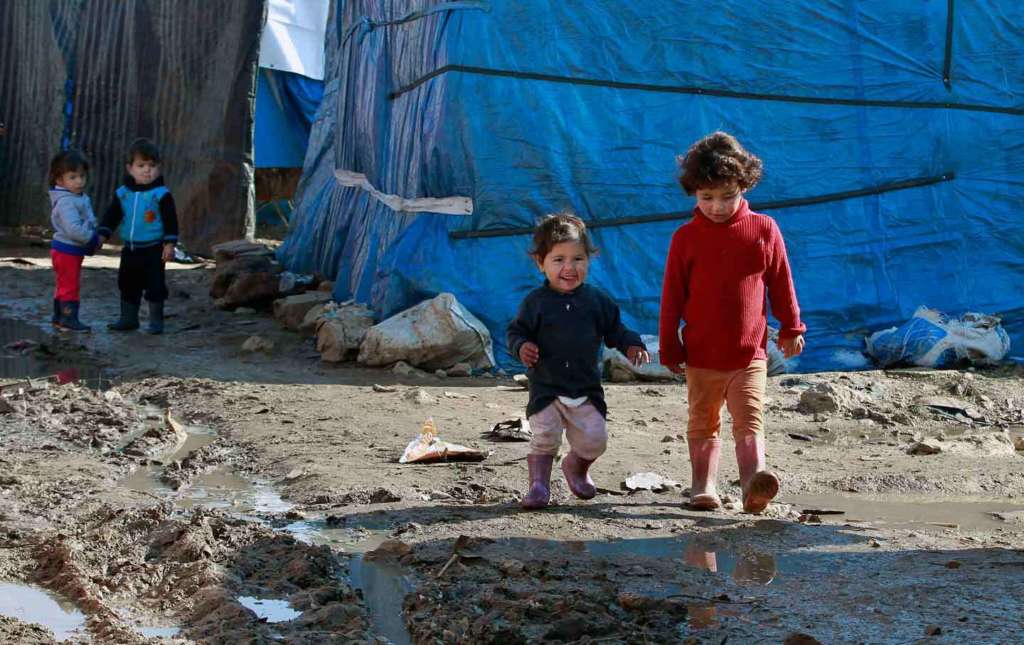Beirut – Lebanon’s Labor Minister Sejaan Azzi presented on Monday a proposal for Syrian refugees in Lebanon to return to their country over a two-year period that would start in January.
The plan would be based on proving protection to those who return home, in cooperation with the Syrian government and under international guarantees, especially from the United States and Russia.
Speaking during a news conference in Beirut, the Lebanese labor minister urged the United Nations and Arab states to support the new plan.He also hoped that such a plan would be put into action starting January and be completed within about two years.
The plan calls for dividing Syrian refugees into four different categories: those who support the Syrian government, those who are oppose it, those who are considered neutral, and “migrants.”
“The implementation of the actual plan…will include choosing a relatively safe area from military conflicts and transforming it into a safe zone from the ground and air to receive refugees” in the first six months of 2017, Azzi said.
Syrian migrants, estimated to number about 250,000, will be the first to leave Lebanon under the plan. The 500,000 refugees considered to be living in the worst situations would then return to safe areas inside Syria.
The focus will also be on the return of Syrians from border areas after they are transformed into safe zones.
According to the plan, UNHCR, the U.N. Refugee Agency, will be responsible for covering the costs and expenses of the refugees’ return.
Azzi called on Arab states not receiving refugees to fund the agency. He also encouraged aid organizations and NGOs to work inside Syria to facilitate the plan implementation.
The new plan was met with criticism by some institutions that work with refugees.
In comments to Asharq al-Awsat newspaper, Lawyer Nabil al-Halabi, director of the Lebanese Institute for Democracy and Humanitarian Rights (LIFE), said the U.N. and international organizations were strongly against sending Syrian refugees back home.
He noted that the majority of refugees residing in Lebanon support the opposition, adding that there were not enough safe areas in Syria that are able to accommodate the big numbers of refugees.
